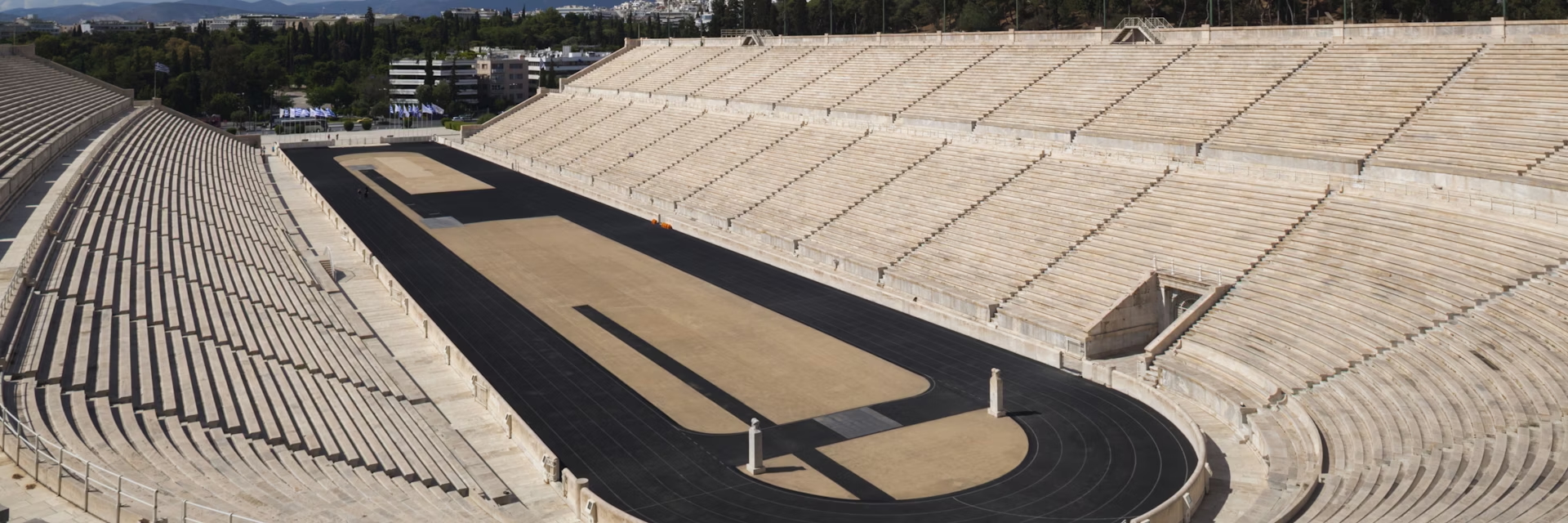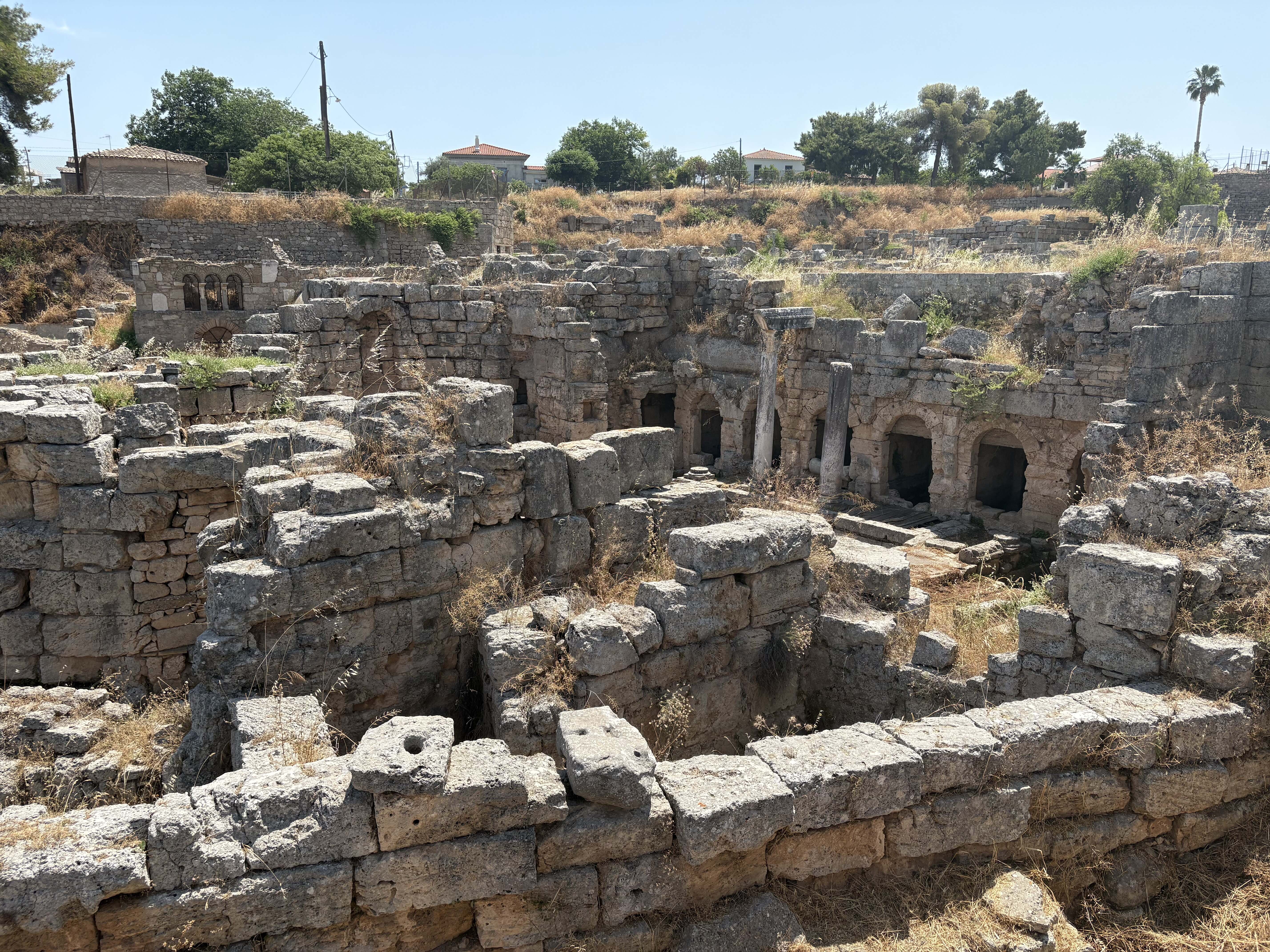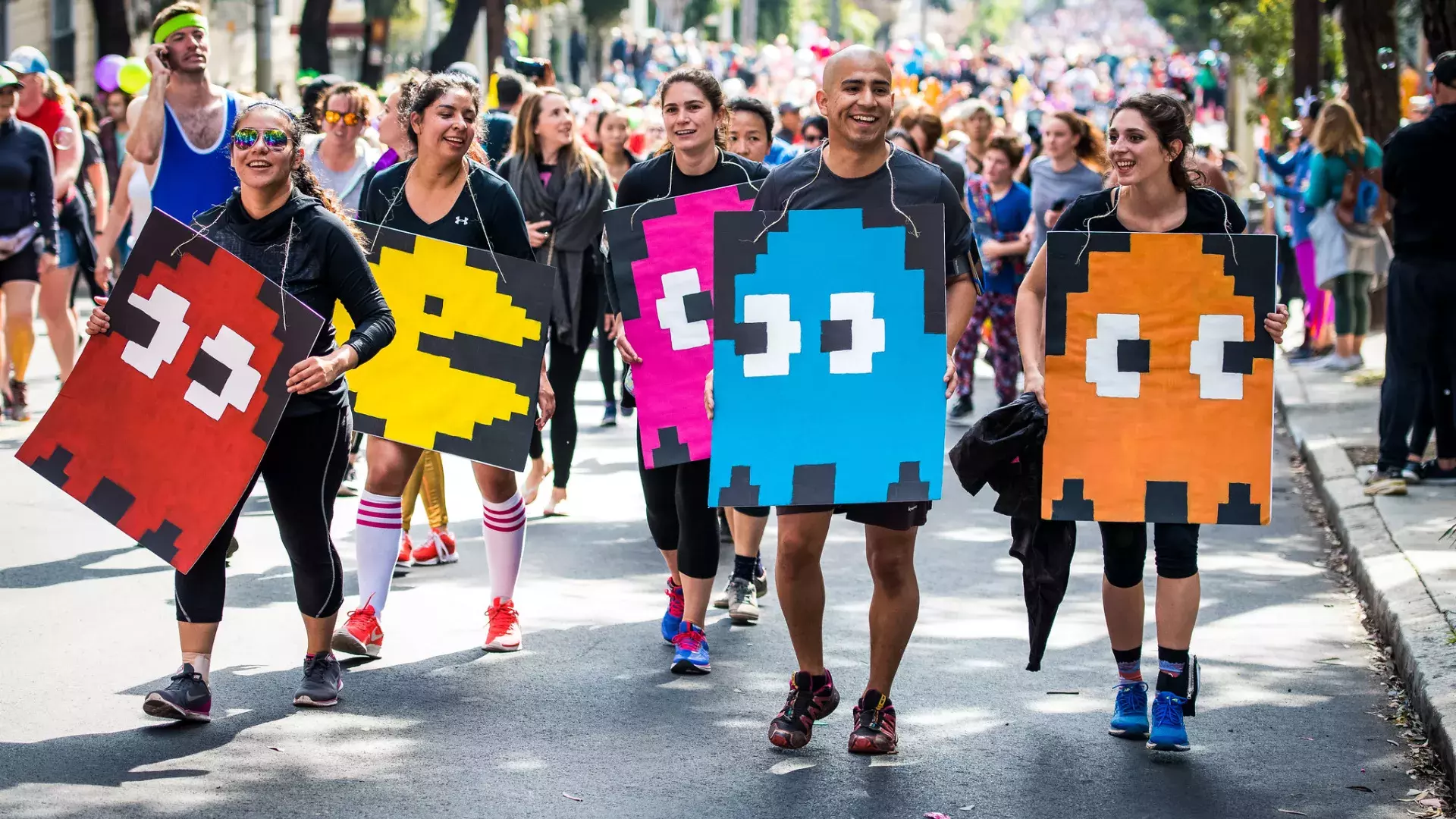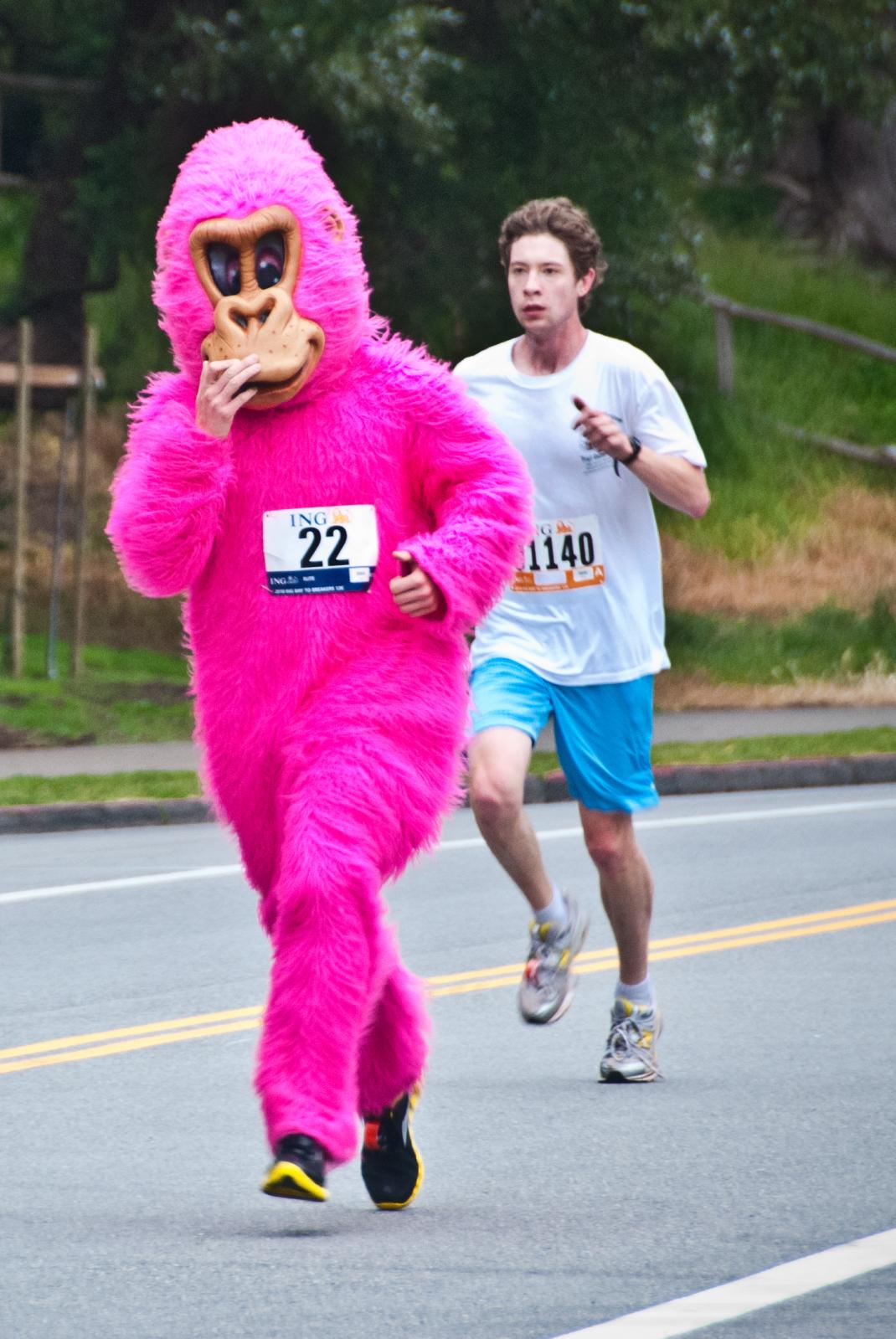
MENU

The majority of us got asked some version of this question when we were young children: What do you want to be when you grow up? I’m curious if you can recall what your answer was to that question. Maybe you wanted to be a musician. Or a teacher. Or a professional athlete. Or an astronaut. As you think about how you answered that question as a child and you compare it with what you’re doing today, how many of you are actually doing the thing you said you wanted to do when you grew up? A few of you are doing it. But most of us are not.
Life happens. We realize that while we love music, we weren’t really given any musical gifts. Or we still really enjoy sports, but we weren’t blessed with much athletic ability. Or our passions and interests have simply changed over the years.
While I wasn’t a part of any of your childhoods, I’m willing to bet that none of you answered the “What do you want to be when you grow up?” question with this response: I would like to waste my life when I grow up. I would like to spend my entire life just wandering around without any real purpose. I want to live a life where I never aim at anything significant.
And yet, many of us at one time or another, have found ourselves living a life without any real direction or aim. Maybe you did have a goal in mind, you went for it, and for whatever reason, it just didn’t work out. And now you don’t know or even believe that you have a thing you were put on this earth to do. Or perhaps you have what we would think is a significant job, but you’ve lost your passion and ambition for doing the work. Because you don’t want to sound ungrateful for your role and what comes with it, you haven’t let anyone know that you’re lacking the desire to do the thing everyone else thinks must be a dream role for you.
You might be a young adult and have no idea what you want to do with your life. Or you could be entering the retirement stage and be doubting whether or not you still have something to contribute. Wherever you are on all of this and wherever you’re headed, we’re starting a new series today that I believe is going to help all of us. One of our core convictions as a church is that we want to speak into what you do Monday through Friday. We love what happens here on Sundays, but this is simply meant to be a catalyst to help you live into your faith the rest of your week. Groups is a huge piece of this as well. Sign up today.
We’re calling this year’s series Letting Arrows Fly: How to Aim and Release Your Life. What should we be aiming at with our lives? How do we discern a purpose we should pursue? Does God decide all of this for us or do we get to have input on such major decisions?
What is the aim of your life?
It could be almost anything. Fame. Power. Comfort. Wealth. Pleasure. Influence. Think about what it is for you. And if nothing’s really coming to mind, let me ask this question:
Have you lost your aim in life?
I hope this doesn’t scare you, but sometimes I lose my aim too. I question it. I forget it. I doubt it. This can happen to anyone. Think about John the Baptist. He was so clear that his aim was to prepare the way for Jesus. Yet while he was in prison, he sent some friends to ask Jesus, “Are you the one?” If he can lose his aim for a minute, any of us can.
aim – (noun) the act of pointing or directing something toward a target
1 Corinthians 9:24-27 Do you not know that in a race all the runners run, but only one gets the prize? Run in such a way as to get the prize. Everyone who competes in the games goes into strict training. They do it to get a crown that will not last, but we do it to get a crown that will last forever. Therefore I do not run like someone running aimlessly; I do not fight like a boxer beating the air. No, I strike a blow to my body and make it my slave so that after I have preached to others, I myself will not be disqualified for the prize.
As he does on several occasions, Paul uses sports as a metaphor for life and faith. He uses this imagery because everyone in first century Corinth would have been familiar with it. The Isthmian Games were held every two years on the Isthmus of Corinth, in honor of the god Poseidon. These athletic events included running, wrestling, boxing, and other competitions. Those who competed had to undergo 10 months of training. They had strict diets, including no wine during these 10 months. This was a huge event with significant importance. In other words, it really mattered to everyone, especially to those who competed in these games.
Shauna and I spent time in Athens, Greece, this summer and we got to visit Ancient Corinth as well. Here’s the Olympic Stadium in Athens, built in the second century, entirely out of marble. When our modern Olympics got their start in 1896, this was the stadium that hosted the games.

Ancient Corinth was about an hour drive from Athens. It was incredible to walk the streets that Paul would have walked and to see the Bema seat of judgment where he was questioned.

Paul uses this race metaphor to show that it really matters how we live our lives. Every person who received these words from Paul would have known how serious these races were. They would have understood all of the training and preparation that went into these games. No one would have thought Paul was talking about a casual approach to life. But we don’t live in first-century Corinth, do we? We live in San Francisco in the 21st century and we have a race in our city that brings very different things to mind. I’m talking about Bay to Breakers. Sure, some people run Bay to Breakers every May to win. But most people participate in Bay to Breakers to have a good, casual time in a costume.


I don’t have anything against Bay to Breakers. But is it possible we’re treating our race in life like Bay to Breakers when we’ve actually signed up for the Olympics? In verse 26 Paul says that he “does not run like someone running aimlessly”. At times, it can feel like our lives are aimless. Like we’re just existing. We kind of take what comes to us. We go through the motions. And if that’s where you are today, I have a lot of compassion for you. And at the same time, I’m praying that God will awaken all of us from a life of mere existence into a life of divine purpose.
Run in such a way as to get the prize. What prize? The prize for these games was a wreath given to the victors. He says that athletes go into strict training to get this prize that won’t even last. And we have a prize that will last forever.
Is the prize you’re pursuing with your life compelling enough?
The Greek word for “prize” is used only one other time in the New Testament and it’s in Philippians 3. Paul begins this chapter by talking about all the things about himself he could place his confidence in. And then he says, “but whatever were gains to me I now consider loss for the sake of Christ.”
Philippians 3:12-14 Not that I have already obtained all this, or have already arrived at my goal, but I press on to take hold of that for which Christ Jesus took hold of me. Brothers and sisters, I do not consider myself yet to have taken hold of it. But one thing I do: Forgetting what is behind and straining toward what is ahead, I press on toward the goal to win the prize for which God has called me heavenward in Christ Jesus.
Paul claims that he’s not there yet; he hasn’t arrived. But he also isn’t beating himself up. It’s hard for us to keep moving forward if we’re always judging ourselves for who we aren’t yet. When Paul says he forgets what’s behind him, he’s referencing the stuff he used to want to be known for. He has moved from a “self-aimed” life to a “Jesus-aimed” life. While we want to thank God for what He’s done for us and in us and through us in the past, we need to keep aiming our lives towards what He has for us in the future.
If more of Jesus is the aim of your life, your best days are still in front of you.
Regardless of your age. Whether life has been amazing so far or not so much. One thing I know is true for every human being – we all need something to look forward to. As much as Paul had grown spiritually and even though He had seen God do so much, He’s still going after this prize. Paul wanted to know Jesus in every possible way. One commentator said this about Paul’s aim:
The joy of the process kept him going, but he realized that the ultimate joy was the completion of God’s work in his life.
“I press on toward the goal” – again, Paul is using athletic imagery. He has a goal. His aim is clear and he’s going after it with all his might. And as every runner knows, you don’t stop running until you reach the finish line. This is what Paul’s aim was for the rest of his life.
During our sabbatical this summer, Shauna and I had the space and time to sit with questions like this one – What do we really want to give our time and energy to as we step back into “normal” life? There are so many things we could aim our lives at, just like you. But our desire is more of Jesus and making Jesus known among more and more people. What do you really want to give your life to? What’s going to be your ultimate aim?
Response:
-If you’ve been feeling aimless or purposeless or directionless – come to God with that.
-If you need a renewed sense of passion for what God’s calling you to – ask for it.
-If you would be honest enough to confess that you’ve been living a “self-aimed” life…but you want to make the shift to begin living a life aimed at God’s purposes…you can know that God loves to answer that prayer.